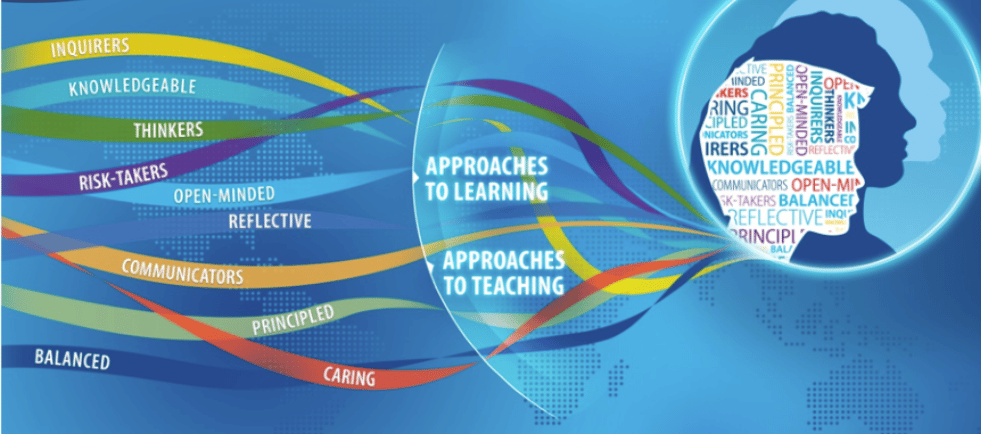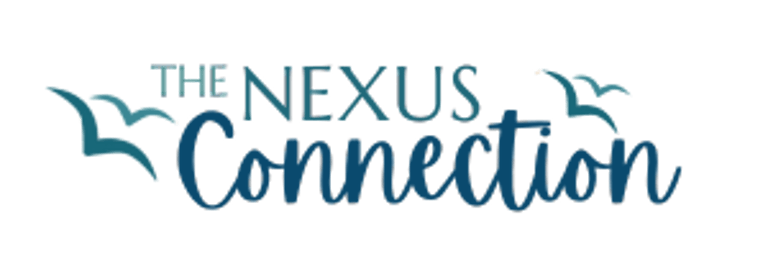Why I Chose the IB After Home Education
Our First Guest Post! This one comes from ex-student and recent top 3% IB graduate, Phoebe Holt-Woollard, who shares her learning journey studying the IB after home education.
🔵 💎ACHIEVE
'Learning is a treasure that will follow its owner everywhere.' Chinese Proverb


Why I Chose the IB After Home Education
It wasn’t a difficult decision for me to choose the International Baccalaureate (IB) Diploma as the next step after GCSEs. After being home-educated for two years, I was ready to enter back into the realms of formal education; however, I was not ready to narrow down my options. Only vaguely aware of the IB’s existence before I chose to do it, the course seemed to offer the broad, holistic approach to learning that I found in home education, along with the promise of a tight-knit community of like-minded people. I was sold.
Understanding IB Subject Choices
I quickly learned that the IB subject choices consist of three subjects taken at ‘Higher Level (HL)’ and three at ‘Standard Level (SL),’ along with core components of Theory of Knowledge (TOK), the Extended Essay (EE), and Creativity, Activity, and Service (CAS). Taking literature, maths, and a foreign language is required, but you can choose whether to take them at HL or SL. One aspect of the IB that sets it apart from A-levels is the focus on coursework for every subject, which accounts for at least 20% of the final grade, even for maths and the sciences.
The Intensity of the IB
The IB is undeniably an intense course and is not one which I would recommend to everyone. I have many friends who struggled with the number of deadlines. The workload is packed into less than two years, and although it is generally advised that each subject should contain less content than the equivalent A-level, many subjects, especially those taken at HL, appear to have just as much content.
The Rewards of the IB
Despite the deadlines, content, and a full timetable, taking the IB remains one of the best decisions I have ever made. For the first time in a formal education setting, I felt that my ‘extra-curricular’ interests could support my academic requirements. For example, reading a book (Entangled Life by Merlin Sheldrake) inspired me to grow my own mycelium for biology coursework. Drawing, playing sports, and baking contributed to my logged CAS hours. On many occasions, the discussions that I had in separate subjects, such as biology and art, supported each other. I completed a project in art over several weeks based on my wider reading about mycelium, from which I created drawings, prints, and sculptures, while also referencing it in my TOK essay.
As per the official website, “The IB learner is positively challenged to think critically and to learn in a flexible environment, crossing disciplinary, cultural, and national boundaries.” Every subject was approached from a global perspective, while the premise of the Diploma being an international course encouraged a sense of connection to the rest of the world, and nothing felt taught in isolation.
Who the IB Suits
If a student is suited to a challenging environment, has interests in many different subjects, and is looking to immerse themselves in their interests, the IB is an ideal next step. It tends to attract people who are curious and passionate about the world. I found that my cohort was energetic and inquiring, with countless classes filled with lively discussions about global issues, encouraged by our lecturers. The Diploma often draws people who are undecided on what they want to do after sixth-form, wanting to continue to explore their options with a wide range of subjects. Equally, I have many friends who had a clear path in mind—such as medicine, theatre, and international relations—who all thrived in the course.
Balancing Interests
My interests tend to lean towards the arts and humanities; however, the IB allowed me to continue learning biology and maths alongside art, history, and literature. I took both at SL, switching my biology from HL at the end of the first year due to the sheer amount of content, which in some areas surpassed that of A-level. Even though neither are subjects I will continue to study at university, they helped me bridge the gap between GCSE-level content—which often feels distant and ineffectual in the long term—and a genuine understanding that broadened my perspective on the world. Similarly, Spanish was not a subject I would have taken at A-level, but it is now something I am considering pursuing at university.
A Shift in Perspective
After two years of home education, where I unlearned many unhealthy attitudes towards education fostered in a pressurized schooling environment, I wanted to enter a sphere that, like home education, deviated from the norm. It needed to value independence, nuance, and breadth. Many people lean towards home education to develop not just academically, but as a whole individual. This principle is central to the philosophy of the IB, which encourages learners to question and understand what it means to develop knowledge. During TOK, students are required to complete a combined total of 150 hours of CAS, including physical and creative activities, as well as acts of service like volunteering.
Conclusion: More Than Just Academics
Many are drawn to the IB due to its international recognition, academic challenge, and the chance to gain the equivalent of five A*s at A-level if achieving top grades; however, it is so much more than that. It allowed me to connect with a close cohort of people, discover passions for subjects I previously hadn’t considered, and ultimately, to use the skills and perspectives I gained from home education to succeed in an environment that aligned with my values as a student.
Sincere thanks to Phoebe Holt-Woollard for this fantastic, firsthand account of studying towards the IB.
Phoebe is an ex-Nexus Educate student, a recent IB graduate (in the top 3% in the world!), and an all-around good egg! She is currently enjoying sun, sea, and a well-earned break.
